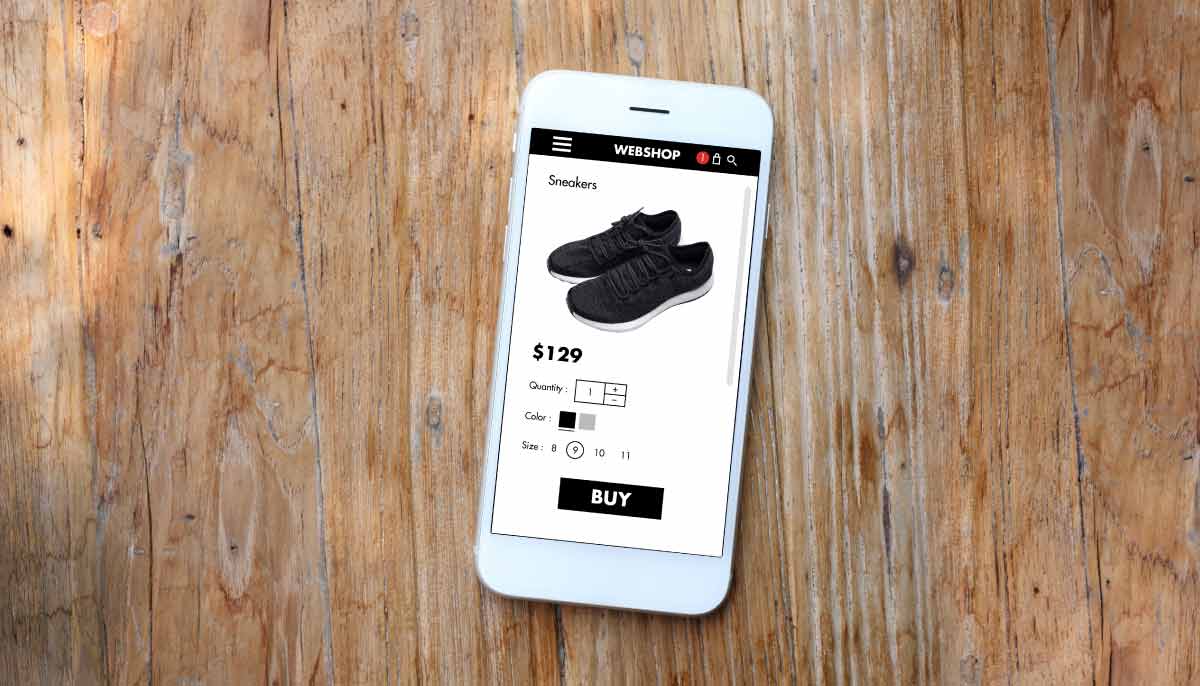
What Should Retailers Expect as We Begin to Emerge from Months of Lockdown?
The recent re-opening of non-essential retail has been music to the ears of the public and retailers alike. However, retail as we know it has changed for good, following months of lockdown restrictions.
While there’s the obvious issue of adhering to social distancing measures to protect consumers and workers, retailers are also faced with the challenge of finding new ways to cater to the permanently altered needs of consumers since the lockdown first began – as demonstrated by our recent coronavirus consumer perception research.
So, how have lockdowns impacted retail forever?
1. The acceleration towards digital
Despite COVID-19 significantly impacting retail in the short term, it is apparent that consumers’ shopping behaviors are set to be permanently changed. In fact, according to our research, over half of both US and UK consumers reported they had bought more products online.
During lockdown, consumers have had no alternative but to shop online and many turned to online shopping to alleviate boredom. As a result, they are now more comfortable with online shopping. In fact, many prefer the experience due to the convenience and efficiency. This trend is set to continue post-lockdown, especially as some may not feel comfortable with venturing out to stores just yet.
While it seems that younger shoppers in the US and UK have embraced online shopping more quickly, baby boomers and the silent generation will also be forced to adopt online shopping as society continues to deal with the ongoing ramifications of the pandemic.
2. Growing expectations around omnichannel offerings
Due to the accelerated move to online, retailers who don’t have a strong omnichannel offering will fail to keep up with consumer demand and expectations. Before the lockdown, while several retailers were offering click and collect services, consumers were still taking a gamble on whether the item would be in stock or not. Now that lockdowns are lifting, there will be an even greater need for retailers to offer a true omnichannel experience.
3. Returns logistics will need to adapt
The continued migration online following lockdown has and will continue to result in a steep increase in online returns. Consumers will often order more online than they would buy in-store as they plan to return items later. Retailers must be aware of this and prepare their reverse logistics strategy.
To overcome this, online retailers and high street brands must look to invest in new technology that enables them to navigate the new customer journey alongside consumers. Developments in augmented reality, virtual reality and 3D visualization are already beginning to make big waves in the fashion industry – allowing customers to virtually try on garments and outfits both online and offline.
4. Delivery expectations could rise again
During lockdown, 71% of UK shoppers expected their items to reach them within a week compared to 90% normally. However, as we transition to a ‘new normal’, it is likely consumers will still be heavily reliant on online shopping and need to gain confidence prior to returning to brick and mortar stores. Consequently, expectations around delivery are likely to continue to grow. To overcome this, retailers must find a way to utilize store inventory to fulfill online orders by adapting their store models to work better for them and their customers.
As well as the speed in which goods are delivered, the method in which they are delivered is also changing. To reduce store interaction, trends such as curbside pick-up, where retail workers start bringing items directly to customers, will need to be adopted.
The use of drone delivery is also something we should expect to increase over the coming months. Drone technology is set to increase across the whole ecommerce fulfillment operation in an attempt to reduce the number of touchpoints required to complete an order.
Let’s prepare for a “new normal”
We’re entering a new world order when it comes to retail and as we transition, pure play brick-and-mortar, online and omnichannel retailers must urgently adapt. With preparations for peak season 2020 just around the corner, closely followed by the UK’s official withdrawal from the EU, brands must act now to limit the impact of further challenges in the months ahead.
Online brands will need to ensure they are ready to respond to the potential implications Brexit negotiations could have on their supply chain and logistics strategy, whilst at the same time reassessing their offerings to keep up with consumer expectations in the new now. Brands who fail to do so risk business continuity and future growth in the region as we begin to come out of the pandemic.
As always, the success of retail, relies heavily on the loyalty of customers. To be able to retain customers, brands need to start by understanding how their attitudes have changed and respond effectively in order to retain them. Retailers simply cannot afford to ignore this shift in behavior, and risk losing out in what is already proving to be a turbulent and increasingly competitive marketplace.


